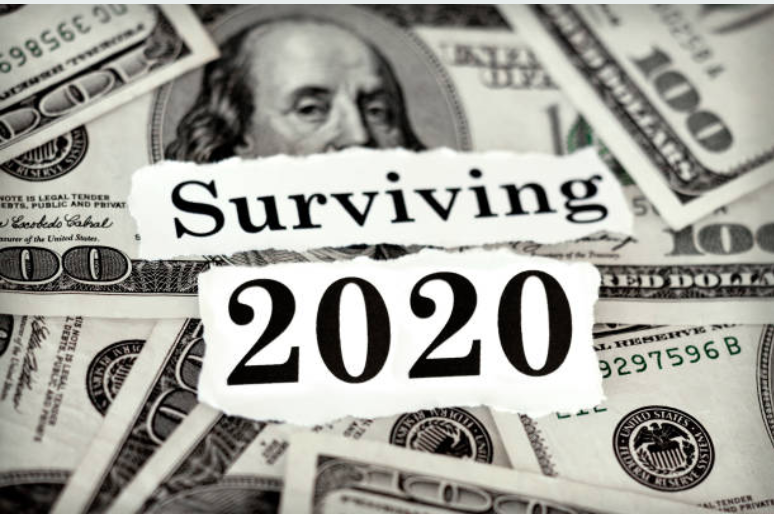
…this is the new normal.
There has been a major shift in the landscape of commercial and business lending as result of the recent economic shutdown due to COVID-19. Some of the effects on the economy are obvious, while others are not yet as clear.
On an individual level, our country is witnessing an unemployment crisis. We are seeing the highest unemployment rates since the Great Depression. While some expect to be out of work only temporarily, many will find their job loss to be permanent. While the real numbers are yet to be determined, it’s possible that as many as 20 million Americans will remain jobless in the near term, despite businesses reopening and inviting workers back. Some of the other resulting effects of this widespread unemployment will take months and possibly years before their full impact becomes apparent.
Meanwhile, businesses are facing unprecedented challenges. While many were hoping for a safety net from the CARES Act, most will soon close their doors. While these loans were intended to save small business, lax guidelines for borrowing caused most of the PPP and EIDL money to go to large business and corporations through carefully exploited loopholes. In good news, perhaps some small businesses will find other financing relief as a few private equity and bank-owned funds are getting back to agency and SBA loans. Although SBA loans have been available in both 7a and 504 programs, exposure and risk are now being considered even more carefully. Take SBA 504 loans for example: Currently, SBA 504 programs have become scarce and are no longer available under $1 million. Because of the effects of COVID-19, every lender is treating their due diligence requirements differently and being careful to measure the impact of the recent months on each individual business loan request.
In the commercial real estate markets, most banks and alternative lenders are being overly cautious. Many find themselves running behind from using remote workforces or from trying to keep up with deployment of the PPP loan program. In most cases, they’re prioritizing existing clients in the interest of protecting exposure and portfolios, rather than taking new clients and originating new loans.
In the commercial property space, the jury is still out on retail, office and mixed-use properties in terms of the predominant components of these property types. The least affected property types appear to be multifamily apartments and to a lesser degree, industrial properties. The CLO lenders, who utilize the credit market to originate loans, are sidelined; and unprecedented new rules are being written for exposure, leverage, and cash reserves. Most lenders are adjusting their LTV percentage, with very few going over 65% and virtually none of them doing cash-out or non-recourse loans. While there’s still plenty of money sidelined in private equity, CMBS has been slow to restart, and private equity funds that are top-heavy are carefully examining every risk, with many deals getting pushed to the side. These days, a multifamily commercial loan over $1 million is more likely to come through an agency-backed program like Freddie Mac than from a balance sheet loan.
While we don’t have a crystal ball, at ComCapFL, we do have decades of experience in changing markets. Our read on the current market is that we will continue to see very little aggressive lending from the banks who have grown more cautious steadily over the years, even before COVID-19. However, it will take many months before we start to get a real feel for the overall impact on the US and world economies. A good comparison to the current situation would be the Black Monday market crash in October of 1987, the largest one-day drop since the crash in 1929 that preceded the Great Depression: Whereas consumer sentiment returned to normal rather quickly around 1988, it wasn’t until October 1990 that the economy actually re-stabilized and we entered into an almost 10-year bull market.
Make no mistake about it, our country is definitely in a very volatile position with its rapidly changing landscape for commercial money. That’s why now, more than ever, it’s extremely important that you have a competent and experienced commercial financing professional to help guide you through the current market and lending climate. Going at it alone may prove to be extremely difficult for even the most seasoned investors and stabilized businesses.
At ComCapFL, we’re here to assist you in navigating through these turbulent waters and getting you through these tough times. Give us a call at (888) 959-1648 or email us at info@comcapfl.com to speak to a specialist about real solutions for your business or real estate investment financing.

Recent Comments